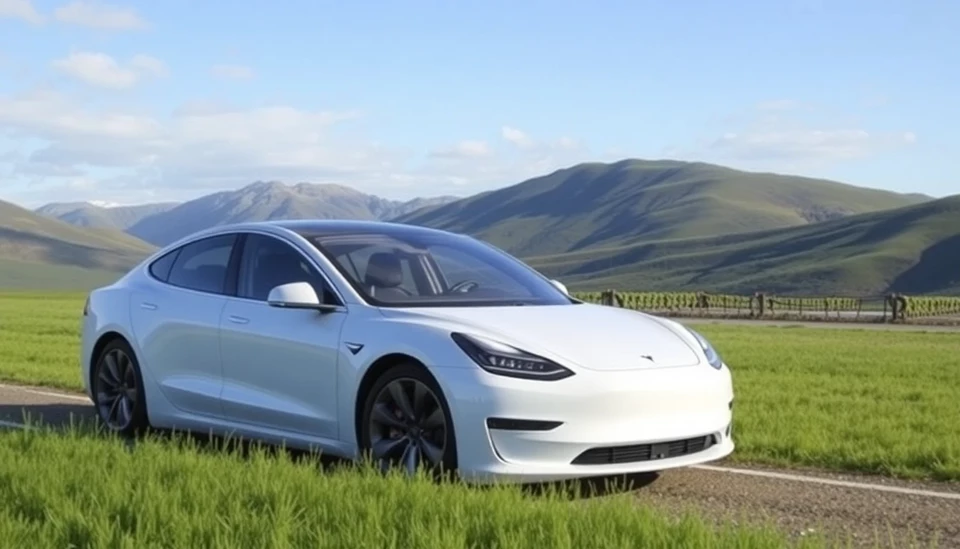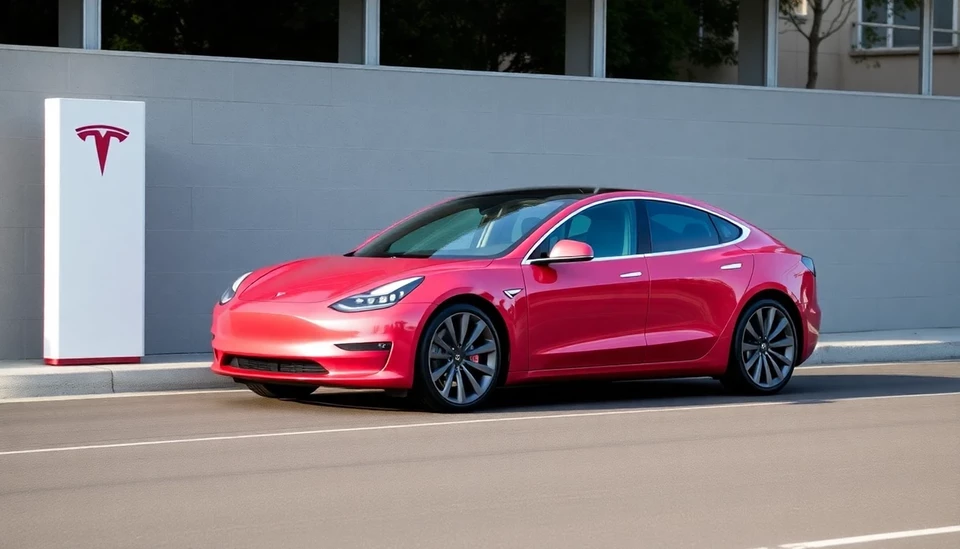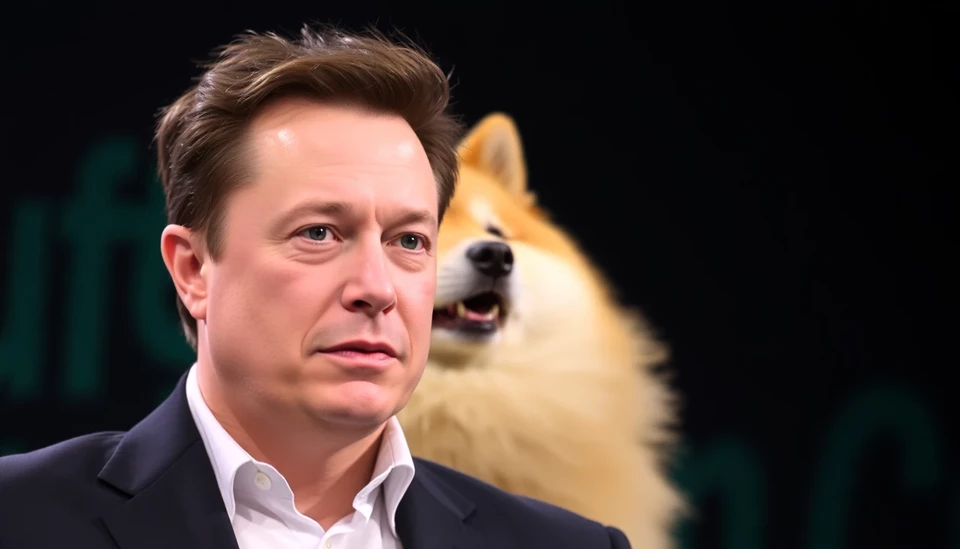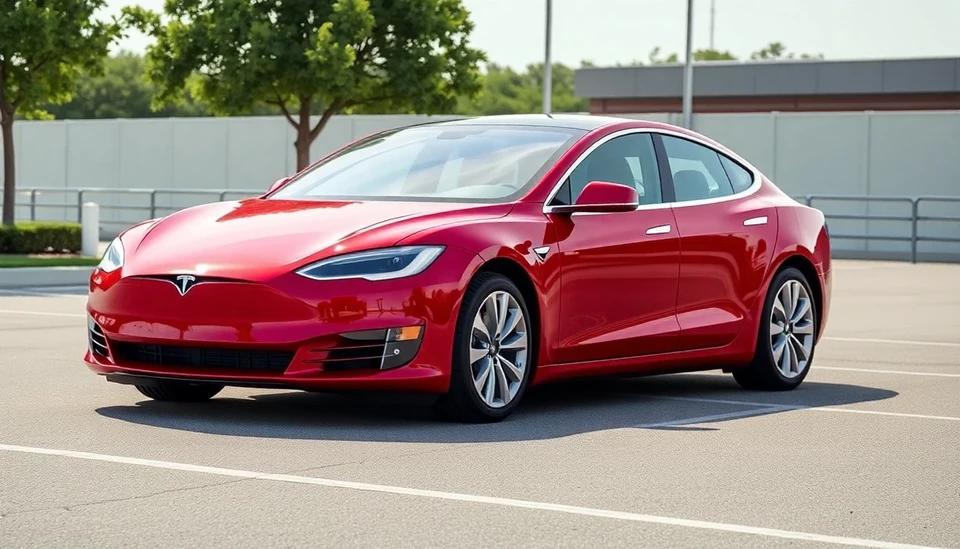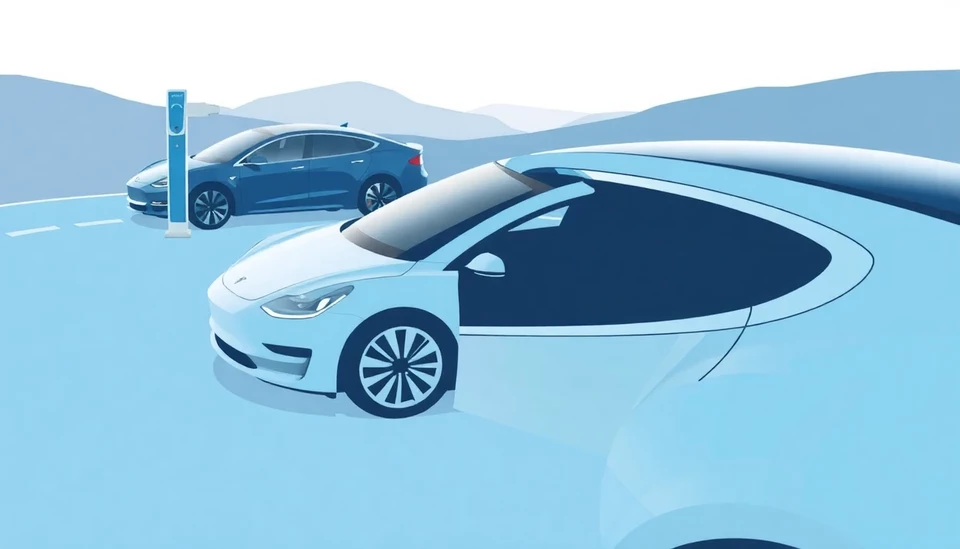
In recent developments within the electric vehicle (EV) industry, Tesla, once seen as the unchallenged leader in the market, may be facing increased competition that could signal a shift in its dominance. A blend of technological advancements from rival automakers and changing consumer preferences is reshaping how the EV landscape looks, raising questions about whether Tesla's supremacy is firmly in the rearview mirror.
Historically, Tesla established itself as the pioneering force in the electric vehicle sector, not just through innovative engineering and design but also by creating a strong brand identity associated with sustainability and cutting-edge technology. However, recent reports indicate that a host of competitors are now rapidly gaining ground, many equipped with robust production capacities and strong supply chains.
Manufacturers like Ford, GM, and Volkswagen are increasingly investing in electric vehicle production, launching new models that appeal to a broader range of consumers. Ford's electrification efforts with its Mustang Mach-E and the newly unveiled F-150 Lightning have generated significant buzz, capturing the attention of traditional truck enthusiasts and SUV buyers alike. Meanwhile, Volkswagen's ID.4 aims to provide a compelling alternative with an attractive price-to-performance ratio.
Despite Tesla's advancements, particularly in battery technology and autonomous driving features, the new entrants are carving out niches in the market with diverse offerings. For instance, the growing availability of mid-range electric SUVs and sedans may meet consumer demand more effectively than Tesla's current lineup, which leans heavily towards higher-end models.
Moreover, the global market is witnessing a surge in government incentives and initiatives aimed at promoting electric vehicle adoption. Countries around the world are ramping up support structures—such as tax rebates and charging infrastructure expansion—that enhance the attractiveness of non-Tesla EVs. This geopolitical push reinforces competition and can dilute Tesla's market share significantly.
Additionally, established automotive industry giants possess longstanding manufacturing experience and a loyal customer base that can be attracted to new electric models. These companies leverage their existing supply chains and dealership networks, which helps them bring electric vehicles to market more efficiently and effectively than new or relatively young brands that have not yet built such infrastructures.
Electric vehicle sales statistics illustrate a dramatic rise in non-Tesla brands. Recent data shows that in several key markets, electric vehicle sales from these traditional automakers are growing at a faster rate than that of Tesla. As alternatives become more readily available to consumers, Tesla might find itself in a more competitive environment where it needs to adjust pricing strategies or enhance features to keep its market position.
Furthermore, the views of consumers are shifting. Recent surveys indicate that while many consumers still regard Tesla as a leading EV brand, others are beginning to prioritize factors beyond innovation and brand prestige, such as service availability, vehicle range, and affordability. The evolving preferences signify a potential for other companies to leapfrog Tesla in the eyes of the consumer.
In conclusion, Tesla’s standing in the electric vehicle market is becoming increasingly uncertain as the competition continues to intensify. While the company maintains significant technological advantages, the relentless advancements of established automakers combined with changing consumer demands may indicate that the rearview mirror view of Tesla's supremacy could become more prominent. The coming years will be crucial in determining whether Tesla can adapt and retain its leading position in a rapidly transforming industry.
#Tesla #ElectricVehicles #EVs #AutomotiveNews #Ford #Volkswagen #GM #Sustainability #TechTrends
Author: Victoria Adams
